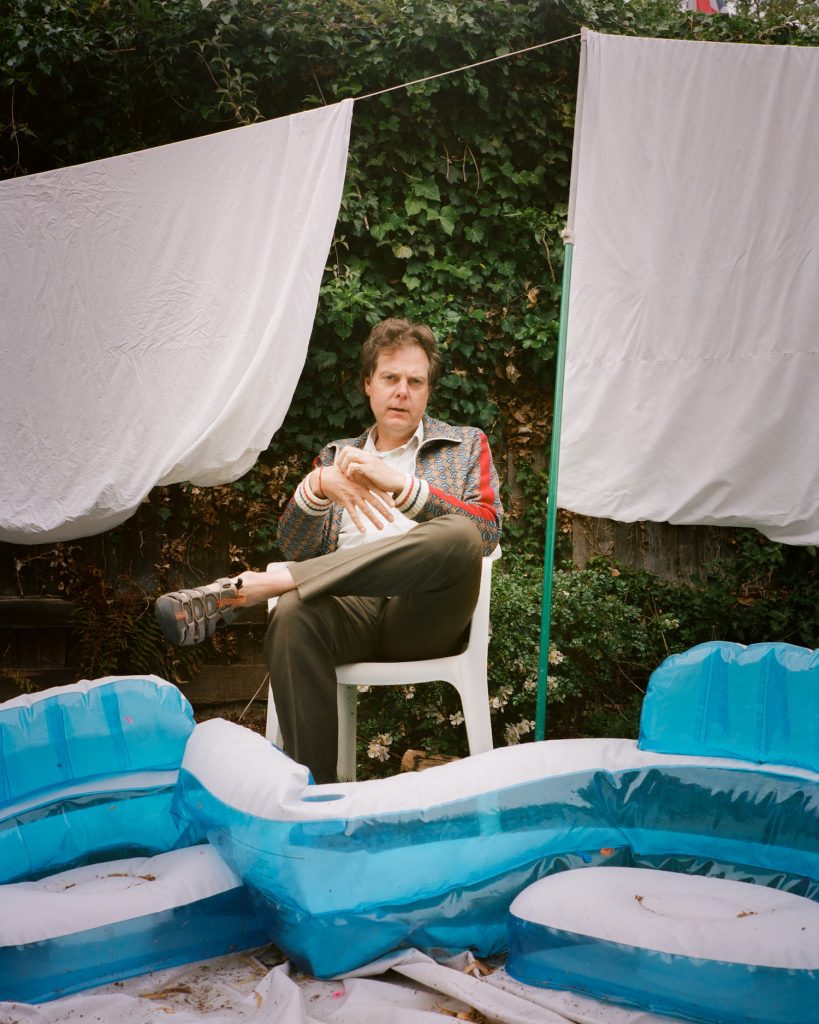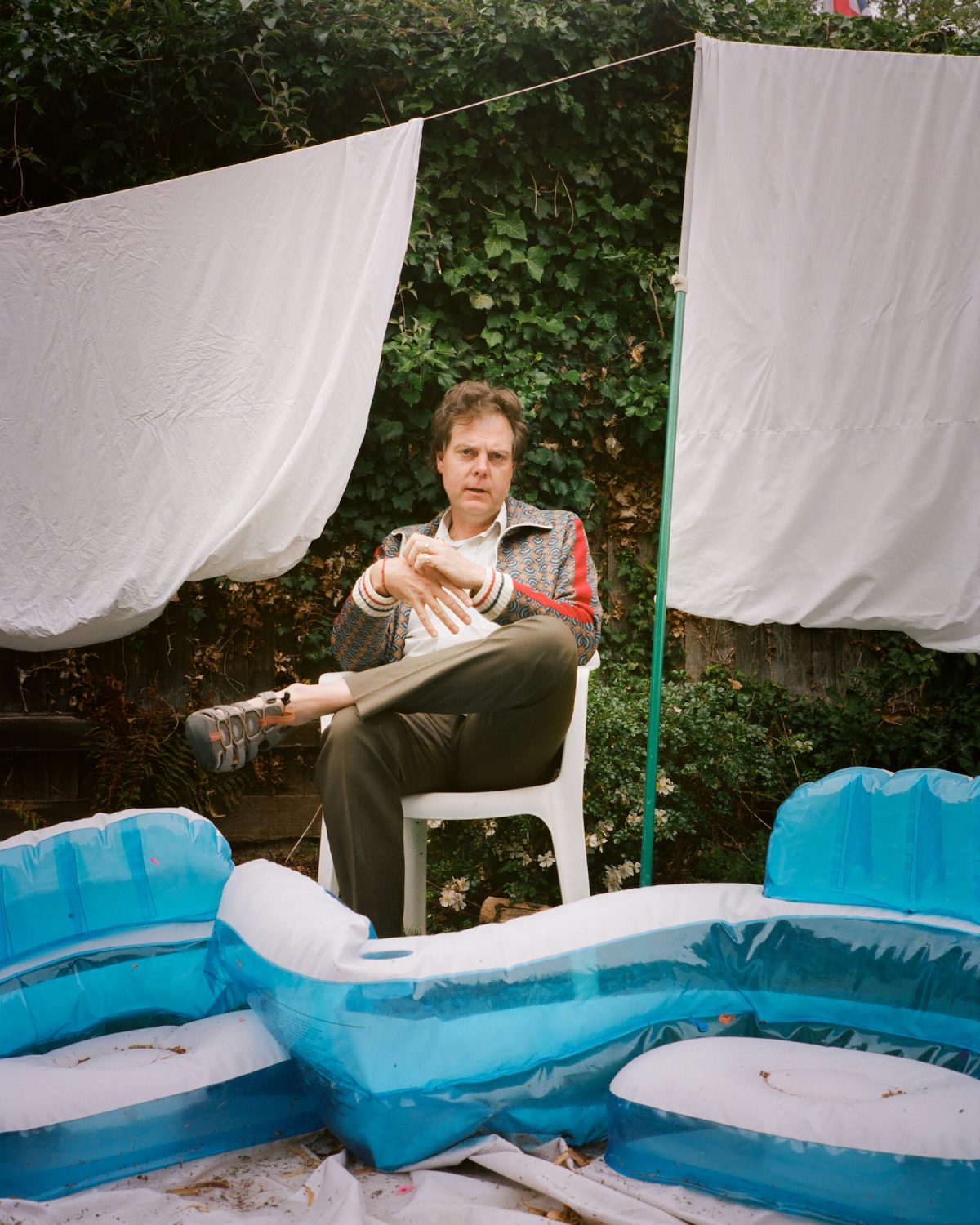
The pandemic has precipitated plenty of shut-in recording projects, mostly involving some degree of solitary activity. Poor Boy On The Wire is the first solo record in a decade by English guitarist C Joynes, but despite the timing of its release, it’s not a lockdown recording. Quite the opposite; it was made in a seat of community action, and it’s the product of a musician whose ears are open to a world of possibilities. The LP was recorded at the Atlow Mill Centre For Emotional Education (a mental-health facility located in Derbyshire) over a couple days in the last week of June 2018.
Joynes first took to the guitar for two reasons. It’s easy to transport or borrow one, which has counted a lot when his day job has taken him out of the country for months at a time. And it’s a uniquely effective tool for concentrating and dispersing a wealth of styles and ideas. On his earliest records, Joynes played acoustic instruments, synthesizing elements of American blues, English folk and African pop into a fingerpicking style that he called “Anglo-naïve and contemporary parlour guitar.”
More recently, he’s played electric guitar in a series of collaborative ventures, and that’s the instrument he wields on Poor Boy On The Wire. Joyne is performing alone, with only a few overdubs to fill out the sound, and his gritty tone and springy rhythms carry the day. His originals bridge the vibes of early Chicago blues and recent junkyard Afropop; imagine Bo Diddley leaning back in a chair and playing for his own amusement through Konono Nº1’s home-made PA. The guitarist pulls inspiration from all over, and he mixes it so adroitly that it’s hard to put your finger on them. His snapping attack on “Goold’s Bicycle” brings to mind gamelan percussion and that faux-motorcyle sound that kids get by sticking playing cards into their bike spokes. “Night Over Djerba” has a rockabilly chug, and “Waverly Cross” feels like several European folk styles run through a blender and filtered through the third Velvet Underground album. Joynes never opens his mouth, but his playing is so tuneful and direct that you may find yourself singing along.
If any of the Atlow Mill Centre’s service recipients listened in on the proceedings, they may well have left the facility feeling better than when they arrived, because even momentary exposure to Joynes’ music can be spirit-lifting.
—Bill Meyer






